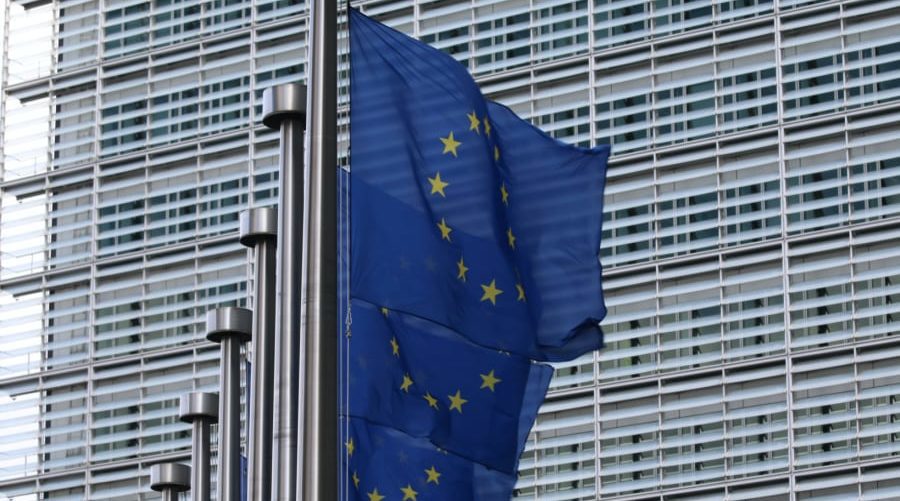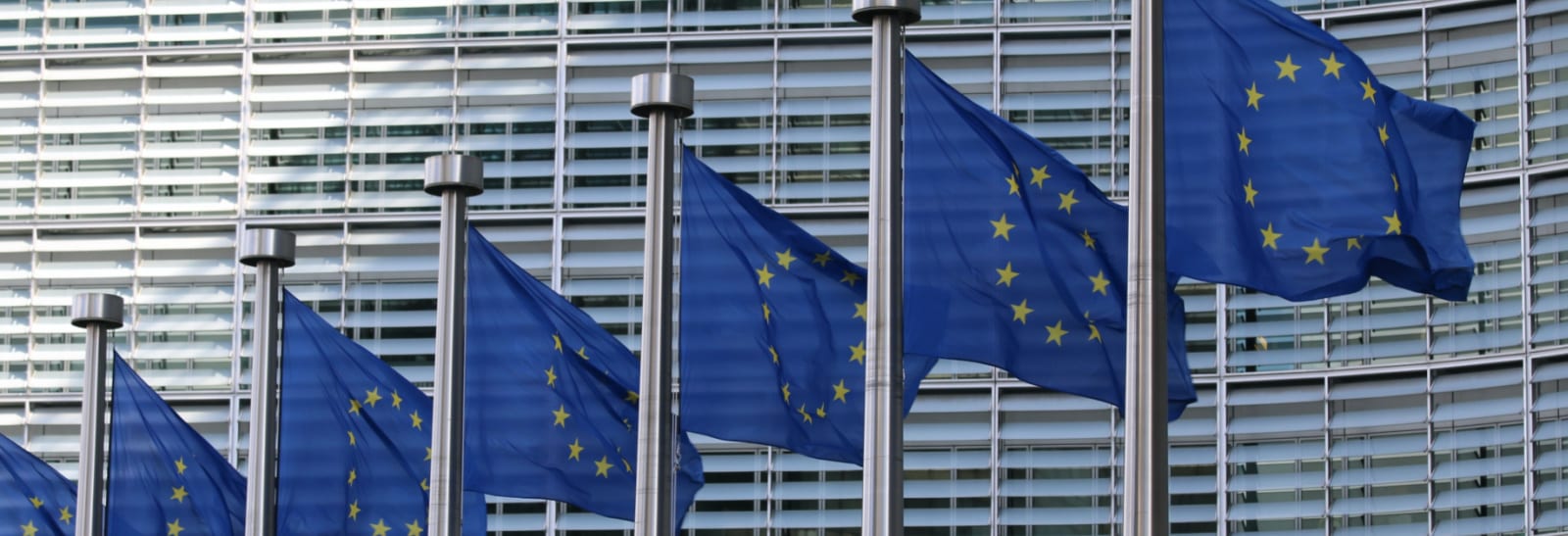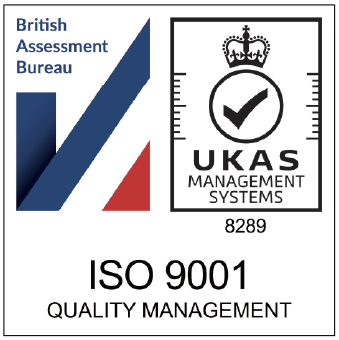From 1st July 2021, the European Union will introduce sweeping changes to the VAT obligations of eCommerce sellers and marketplaces. The changes are designed to strengthen the internal market and ensure fair competition with non-European traders. If you want to make sure that your eCommerce business is ready for these changes, keep reading.
What is the current situation for distance selling in the EU?
If you’re reading this, it’s likely you run and/or own an eCommerce store. Under the current regulations if you are only active in the UK, then you use a UK VAT number, submit your declarations in the UK and you’ll be aware of the UK VAT rate.
If you sell to EU member states then you currently have to register separately for VAT in each country you sell to. This arrangement is known as ‘place of supply’ or the destination principle. Registering to pay VAT in European countries currently depends on if you meet distance selling thresholds.
The EU distance selling thresholds are as follows:
- €10,000 per annum: Germany; the Netherlands; and, Luxembourg.
- For all of the remaining EU member states, the distance selling threshold is €35,000 per annum (or local currency equivalent if they don’t use the Euro).
Under the current regulations, things can get very complicated, very quickly.
If you’re selling your goods to private individuals in 10 different European countries then you may have to submit 10 different VAT returns, keep 10 different sets of VAT accounts, all in languages and according to customs you may not be familiar with.
So, in order to make life easier for eCommerce retailers who want to sell into the EU from outside of it (and between countries within the EU), the European Commission has decided to simplify VAT rules.
According to the Commission, the changes are designed to achieve three aims:
- Modernise VAT rules in recognition of the huge growth of eCommerce.
- Simplify VAT obligations for eCommerce stores.
- Tackle VAT fraud and level the playing field for European and non-European businesses alike.
What are the new EU VAT changes for eCommerce businesses?
The new EU VAT reforms take the shape of three distinct changes. We’ve detailed these below to help you understand what you may need to do to continue (or start) selling to consumers in the European Union.
The introduction of a single EU VAT return for eCommerce distance selling
In an attempt to make the lives of eCommerce businesses easier, the new EU VAT reforms will see the existing distance selling thresholds withdrawn and replaced with a single EU VAT return known as One Stop Shop (OSS).
The One Stop Shop takes the form of an electronic portal that businesses can use to comply with their VAT obligations on eCommerce sales to consumers within the EU. The OSS filing is in addition to a business’s regular domestic VAT return.
It’s important to note that there will be two different versions of the OSS. The OSS for EU member states and the Import One Stop Shop (IOSS) for non-EU member states.
From 1st July, non-EU states will be able to register on the Import One Stop Shop. The IOSS is to be used by non-EU businesses that are selling ‘low-value’ goods of up to €150 to consumers in the EU. Before registering with the IOSS though, non-EU businesses must first register as a ‘non-Union’ taxpayer with the tax authority of any EU member state.
Once registered in a EU member state and registered on the OSS, the portal will allow eCommerce businesses to:
- Declare and pay VAT due on all sales in a single electronic quarterly return.
- Declare VAT incurred on imports.
Once registered, UK eCommerce businesses will be able to use the OSS to report their sales by EU country, see the VAT % rate in each country, and VAT due in each country.
The OSS filing should be made by businesses on the same date as their VAT return is due in the EU member state in which they are registered. The tax authority of that EU member state will then be responsible for dividing-up and paying the VAT received from your business to the applicable countries.
The OSS is an extension of the 2015 Mini One Stop Shop (MOSS), which successfully trialled a single EU VAT return system for the B2C sales of digital, telecoms and broadcast services e.g. streaming media, e-books, apps.
Note – if you hold stocks in warehouses in EU states, you will still have to be VAT registered in those states. This also includes eCommerce stores that use the Fulfilment by Amazon (FBA) programme. There will, however, be exemptions for sellers using marketplaces.

Removal of the small consignment relief
Another change that should be noted keenly by eCommerce businesses is the European Union’s intention to abolish the small consignment relief.
Under the current regulations goods that are worth €22 or less are currently exempt from VAT, whilst goods valued between €23 and €150 are subject to VAT.
As of 1st July 2021, goods of €22 or less will also be subject to VAT.
What this means for businesses such as yours is that you must charge VAT at the time of sale (at the % rate of VAT in the customer’s country). You will be able to use the customer’s delivery address to determine the country VAT rate. By doing this, no VAT will be due at the point of import (customs).
This VAT must be declared and paid via the Import One Stop Shop (IOSS). Once a declaration has been made on the IOSS, you will be issued with a unique IOSS identification number which you should include on all packages that you are sending to customers in the EU. This number will demonstrate to customs authorities that you have properly declared the VAT that is due. An IOSS identification number will be crucial to prevent hold ups in customs.
By following this process, the EU says that UK eCommerce businesses registered on the IOSS will benefit from a quick, easy ‘Green Channel’ customs clearance process.
An example of IOSS in action
We realise that these changes can be quite a lot to take in. But it’s important that eCommerce businesses get to grips with them, otherwise your business with EU-based consumers could be severely disrupted.
So, let’s take a look at what the process is at present for a fictional business (Boot It, a purveyor of quality footwear), and what it’ll be like after 1st July 2021.
| Current EU VAT regulations | Boot It can sell and send consignments under €22 to EU consumers without incurring any VAT charges.
When they sell a pair of boots over that limit (up to a value of €150), then either the customer or Boot It will have to pay import VAT at the rate of the country of import. Because Boot It wants to provide an excellent service, they choose to absorb the cost of the import VAT on behalf of their customers. |
| New EU VAT regulations from 1st July 2021 and beyond | Under the EU’s new VAT arrangements for eCommerce stores, Boot It will charge VAT at the point of sale (using the customer’s delivery address to calculate the % VAT due).
They will then make a declaration on the IOSS (provided the product is less than €150). This means Boot It is then exempted from paying import VAT at customs. If Boot It sells a pair of boots that cost more than €150, then they must pay import VAT at customs. |
Marketplaces to become the deemed supplier and VAT collector
Under the EU’s new VAT regulations, online marketplaces (under certain circumstances) will be deemed to be the supplier, and thus VAT collector, of online sales.
To go into those ‘certain circumstances’ in further detail, the EU will specifically be deeming marketplaces as the supplier and VAT collector where they facilitate cross-border sales to consumers via third parties (this is referred to as the ‘full liability scheme’).
So, what does the EU mean by ‘facilitating’?
The EU defines facilitators as ‘electronic platforms assisting sellers and consumers to come together and strike a contract for the supply of goods on a cross-border basis’.
The EU will apply the new deemed supplier regulations in the following instances:
- Where a marketplace is facilitating the import of goods up to €150.
- Distance selling cross-border or domestic transactions of any value for non-EU sellers.
Under the regulations, there is an option for marketplaces to opt out of the scheme and transfer the VAT obligations to the delivery company of the seller.
When is a marketplace deemed not to be responsible for collecting VAT? A marketplace is deemed to be not responsible when it only provides the following services in relation to a sale:
- Payment processing.
- Listing or advertising the products.
- Redirecting customers to other marketplaces where the goods are offered without any further direct involvement in the sale.
Marketplaces will also have new reporting responsibilities as part of the regulations. They will be required to record information about sellers’ transactions in sufficient detail that tax authorities in the country of the customer can check that VAT has been correctly paid. Marketplaces will also have to hold these records electronically for at least 10 years after the year of the transaction.
Note – while marketplaces that are deemed to be ‘facilitators’ will be responsible for collecting VAT, they will not take on any product liability or regulatory obligations in regards to the goods sold.
It’s clear then, that UK-based eCommerce businesses will be impacted by the EU’s new eCommerce VAT changes. So, the time to prepare is now.
For more information about how you can improve your fulfilment process to EU-based customers, speak to 3PL today.
Find more eCommerce information and advice on the 3PL blog…
Brexit 2021: Prepare Your eCommerce Business Now For These New Rules | Shipping to the EU & Northern Ireland After Brexit | Faults in Your Fulfilment Could Be Costing You Money. Here’s How to Fix It
Speak to 3PL about your order fulfiment
It’s time to supercharge your business and overtake your competitors. Speak to 3PL today and find out how we can take your ecommerce and B2B fulfilment to the next level.


